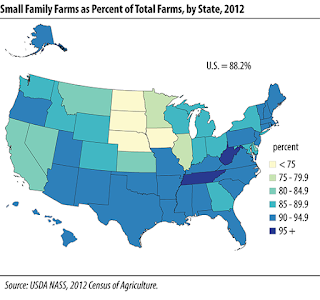This
piece reports that a majority of Republicans now favor marijuana legalization.
Back in the early 70's I was called for a month's jury duty in DC. It was an interesting and boring time, since we sat around from 8 to mid afternoon each day waiting to be called. I did get on some juries, which was educational, but today I want to mention the one I didn't get on.
As I recall, it was a case of possession of marijuana, possibly with intent to distribute. Don't remember anything else about it, except I went to the judge and asked to be excused on the basis that I couldn't be an impartial juror. After a little discussion, likely much to the displeasure of the defense attorney, I was excused.
Now I'd never smoked pot then; still haven't today. When I try to recover my state of mind, I guess I must have been troubled by the pot laws then, likely in a comparison with alcohol. But I'm not sure. What's odd is I'm pretty sure that over the years I would have opposed the legalization of marijuana. I think I dismissed the NORML people as fringe types. I would have opposed the referendums in the various states.
But because I'm open minded, at least on some things, the statistics and experiences reported from some states, like Colorado, have convinced me to change my mind. It seems that pot is less harmful than alcohol, which I imbibe daily, and tobacco, which I used to inhale two packs a day of, and it doesn't seem to be that much of a gateway drug.
The last is important. I still remember my high school science teacher being very vehement about the dangers of pot back in 1957 or 8--very very vehement. Don't remember anything he said about science, but I do this. But experience can change one's mind, as it has in this case.
